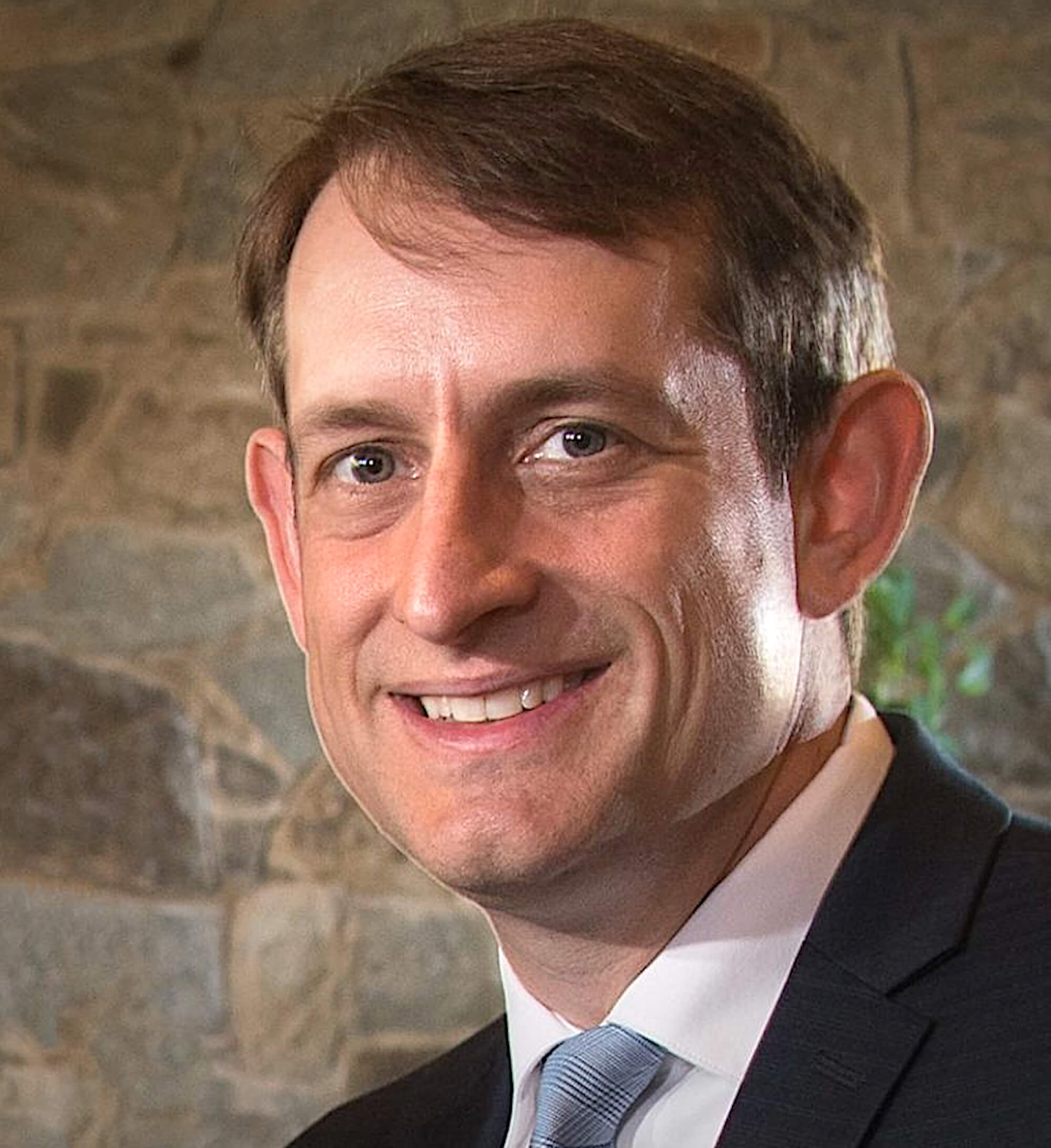

“Do you want to live to 100?”
This was the question I would ask at speaking engagements early on in my 20+ years spent in service to older adults. I was in my late 20s and thought for sure everyone would want to age as long as possible, even though maybe just a fourth of the room would put up their hands. What held them back? Concern about running out of money and being cognitively intact.
An article written by McKnight’s Senior Living Content Editor Kimberly Bonvissuto and posted Feb. 9, “Financial burden of dementia poses challenges for older adults, caregivers, payers: researchers,” added clear context to what I heard decades ago.
With 97% of income for those with dementia going to care costs, we need to do better. We need to do better because the number of older adults with brain health challenges is rising while the number of available paid caregivers is falling due to low birthrates and limited immigration solutions. I even saw this with my own family, when my mom was diagnosed with mild cognitive impairment in 2011 at the age of 67. MCI often is a precursor to dementia.
At Goodwin Living, a faith-based nonprofit founded in 1967, we believe that there are two key parts to a societal solution.
First, we need to be seen to the rest of the aging world (yes, most countries are facing an aging challenge and will compete with us for future paid caregivers) as an intentional country of welcome. We recognize that without the hands of people from other countries, Americans will face an increase in people leaving the formal workforce to care for a loved one. We already are feeling the effects of this situation in many agricultural sectors throughout the country, and now with caregiving. This reality will slow down our economic growth as a country, which could be a factor of significant economic disruption for years into the future.
Second, we need to develop and deploy as broadly as possible ways to push off the need for care for as long as possible. This premise is behind our development and sharing of our complimentary research-backed brain health program, StrongerMemory, through our Goodwin Living Foundation.
My mom started to use elements of this program in 2012 without any additional lifestyle changes. Twelve years later, she remains with her brain health intact and without the need for care. In the past four years, more than 25,000 people across the country joined her on their own StrongerMemory journeys, helping them better push off the need for care by months, years and even more than a decade in the case of my mom.
We can do this. Based on the deep emotional and economic impact that dementia has on our society, we need to start today. The field of senior living and care should be the No. 1 force for change to address this issue.
Rob Liebreich is president and CEO of Goodwin Living. He welcomes input from others who share his concern and belief that the senior living community can address this challenge. He may be reached at [email protected].
The opinions expressed in each McKnight’s Senior Living guest column are those of the author and are not necessarily those of McKnight’s Senior Living.
Have a column idea? See our submission guidelines here.


